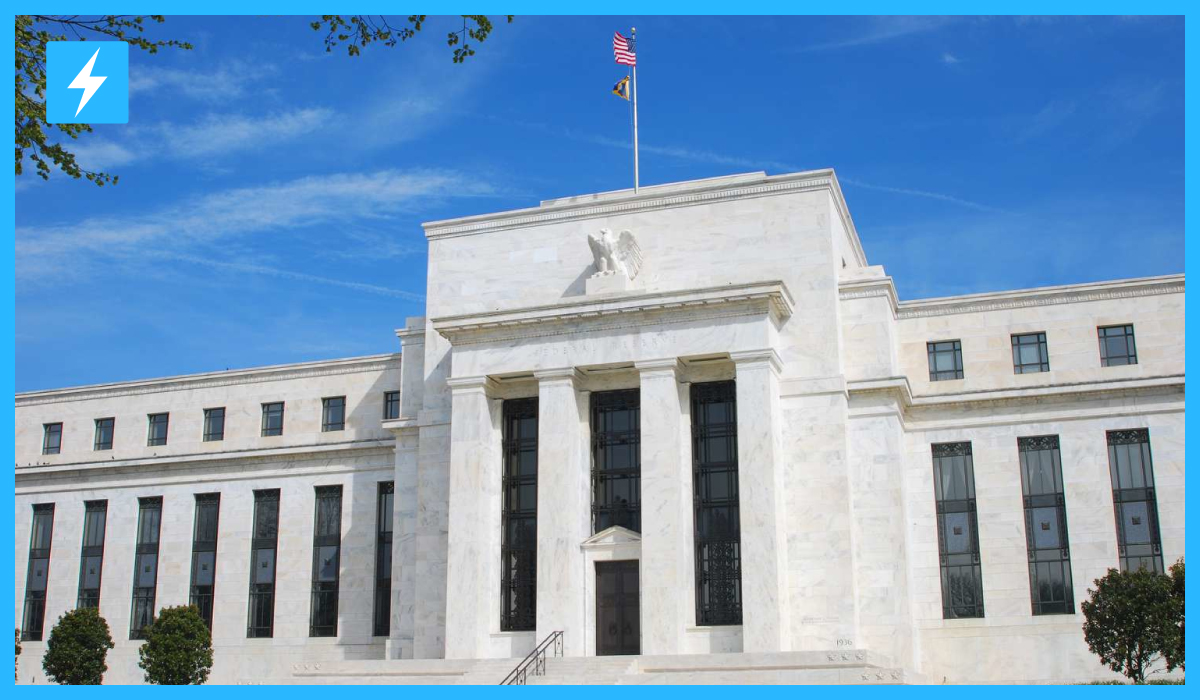The US low-value package tariff exemption has officially ended permanently as of August 29, 2025, marking a seismic shift in international trade policy that will drastically impact millions of consumers and businesses worldwide. This landmark decision by the Trump administration eliminates the nearly century-old “de minimis” rule that allowed packages valued at $800 or less to enter the United States duty-free, fundamentally altering the landscape of cross-border e-commerce forever.abcnews.go+2
Understanding the US Low-Value Package Tariff Exemption Elimination
The permanent termination of the US low-value package tariff exemption represents one of the most significant trade policy changes in recent history. Previously established under the Tariff Act of 1930 and expanded to $800 in 2015, this exemption facilitated the entry of over 1.36 billion small packages annually into the United States without customs duties. The exemption was originally designed to streamline processing of inexpensive goods and reduce administrative burden on both customs officials and small businesses.thehill+2
White House trade advisor Peter Navarro emphasized that “President Trump’s ending of the deadly de minimis loophole will save thousands of American lives by restricting the flow of narcotics and other dangerous prohibited items, and add up to $10 billion a year in tariff revenues to our Treasury”. Senior administration officials have confirmed this is a “permanent change,” with any attempts to restore exemptions for trusted trading partners being “dead on arrival”.asiaone+1
Immediate Impact on US Low-Value Package Tariff Exemption
The elimination of the US low-value package tariff exemption has triggered immediate global disruptions. Postal services from over 30 countries, including the United Kingdom, Germany, Japan, Switzerland, Australia, Belgium, Finland, France, Italy, Norway, Spain, Sweden, Denmark, Thailand, India, and New Zealand, have temporarily suspended package shipments to the United States due to confusion over new processing and payment requirements.pbs+2
Under the new regulations, all packages previously qualifying for the US low-value package tariff exemption must now undergo full customs clearance and pay applicable duties. Commercial shipments face tariff rates ranging from 10% to 50% depending on their country of origin, while postal carriers have a six-month transition period allowing them to choose between standard tariff rates or flat duties ranging from $80 to $200 per package.abcnews.go+2

Economic Consequences of US Low-Value Package Tariff Exemption Termination
Stanford economists have warned that ending the US low-value package tariff exemption will fuel inflation and disproportionately impact low-income Americans. Research from the National Bureau of Economic Research indicates that eliminating the exemption will reduce consumer welfare by $11-13 billion annually, equivalent to $35-80 per person. The policy change particularly affects budget-conscious consumers who rely on affordable imported goods for everyday necessities.time+2
Small businesses are experiencing catastrophic impacts from the US low-value package tariff exemption elimination. Marion Kao, owner of Korriko Pet Supply in British Columbia, stated the change is “catastrophic for us, really catastrophic,” as 60% of her business comes from US customers. Similarly, Kristin Trainor from Diesel and Lulu’s boutique in Connecticut fears the policy could jeopardize her business, as over 70% of her inventory comes from European suppliers through small orders typically under $800.globalnews+1
Administrative Challenges Following US Low-Value Package Tariff Exemption End
The termination of the US low-value package tariff exemption has created significant administrative challenges. US Customs and Border Protection, already understaffed by nearly 5,000 officers according to their Workload Staffing Model, would need an additional 22,000 officers to handle the increased workload from processing previously exempt packages. The administrative burden includes complex paperwork requirements, extended processing times, and substantial costs for customs brokers.cato+1
E-commerce platforms have issued widespread alerts about shipping delays. Etsy announced it would stop processing orders from Australia Post, Canada Post, and UK postal services, while eBay cautioned sellers to find alternative shipping solutions for reaching American customers. The complexity of new requirements has left many international shippers unable to adapt their systems quickly enough.nbcnews
Global Supply Chain Disruptions from US Low-Value Package Tariff Exemption Changes
The end of the US low-value package tariff exemption has triggered massive supply chain disruptions worldwide. Express carriers like FedEx, UPS, and DHL continue operations but with additional fees and stricter data requirements. Many retailers are scrambling to restructure their operations, with some Chinese e-commerce giants like Temu and Shein already shifting to promote products shipped from US warehouses instead of direct international shipping.reddit+2
The policy change affects approximately 4 million packages processed daily by US Customs, with the average de minimis shipment value being just $47.50 in 2024. This massive volume of small packages now requires full customs processing, creating bottlenecks at major entry points including JFK airport, where over a million packages were reportedly backed up during temporary suspensions earlier this year.cnbc+2
Industry-Specific Impacts of US Low-Value Package Tariff Exemption Elimination
Different industries face varying impacts from the US low-value package tariff exemption termination. The fashion industry, particularly small boutiques sourcing from European suppliers, confronts substantial cost increases. A simple linen sundress that previously cost $30 wholesale is expected to increase to $43 due to new tariffs and processing fees.apnews
Technology and electronics sectors also face challenges, as many hobbyists and small businesses relied on the US low-value package tariff exemption for importing specialized components and accessories. Online communities on Reddit have expressed significant concern about the impact on niche markets like fountain pens, espresso equipment, and other specialty items typically ordered in small quantities from international suppliers.reddit+2
Consumer Response to US Low-Value Package Tariff Exemption Changes
American consumers are experiencing widespread order cancellations as international retailers struggle to adapt to the elimination of the US low-value package tariff exemption. Social media discussions reveal mixed reactions, with some consumers supporting the policy as a way to combat fast fashion and promote domestic manufacturing, while others express frustration over reduced shopping options and increased costs.reddit
Reddit discussions indicate that many consumers are stockpiling goods before the deadline or switching to domestic alternatives where available. However, for many specialty items and niche products, domestic alternatives simply don’t exist, leaving consumers with limited options and significantly higher costs.reddit+1
Long-term Implications of US Low-Value Package Tariff Exemption End
The permanent elimination of the US low-value package tariff exemption signals a fundamental shift toward protectionist trade policies. The Trump administration argues this change will revitalize American manufacturing, generate substantial tariff revenue, and improve national security by reducing the flow of counterfeit goods and illegal substances.thehill+1
However, economists warn that the policy may have unintended consequences, including reduced competition, higher consumer prices, and potential retaliation from trading partners. The change particularly affects small businesses and entrepreneurs who relied on the US low-value package tariff exemption to compete with larger corporations that can afford bulk importing and customs processing.cato
Future Outlook Following US Low-Value Package Tariff Exemption Termination
As the US low-value package tariff exemption era ends permanently, businesses and consumers must adapt to a new reality of international trade. Companies are exploring strategies including establishing US warehouses, partnering with domestic suppliers, and implementing more sophisticated logistics networks to minimize the impact of new tariffs and processing requirements.
The policy’s success will ultimately be measured by its ability to achieve stated objectives of improving national security, generating revenue, and protecting American businesses, while balancing these goals against potential negative impacts on consumers and small businesses that benefited from the previous US low-value package tariff exemption system.
Frequently Asked Questions About US Low-Value Package Tariff Exemption
Q: What was the US low-value package tariff exemption?
A: The US low-value package tariff exemption, also known as the “de minimis” rule, allowed packages valued at $800 or less to enter the United States duty-free without full customs processing. This exemption was in place since 1938 and was expanded to its $800 threshold in 2015.hindustantimes+1
Q: When did the US low-value package tariff exemption end?
A: The US low-value package tariff exemption ended permanently on August 29, 2025, at 12:01 AM EDT. The Trump administration had previously eliminated the exemption for China and Hong Kong in May 2025, then extended the termination globally.reuters+2
Q: How much will packages cost now without the US low-value package tariff exemption?
A: Packages will now face tariff rates ranging from 10% to 50% depending on their country of origin, plus processing fees. Postal carriers have a six-month option to pay flat duties of $80-$200 per package instead of percentage-based tariffs.abcnews.go+2
Q: Which countries are affected by the US low-value package tariff exemption elimination?
A: All countries are affected by the elimination of the US low-value package tariff exemption. Over 30 countries’ postal services have temporarily suspended shipments to the US, including the UK, Germany, Japan, Australia, Canada, and most European nations.pbs+2
Q: Why did the Trump administration end the US low-value package tariff exemption?
A: The administration cited national security concerns, stating the exemption was used to smuggle illegal drugs like fentanyl, counterfeit goods, and dangerous products. They also aim to generate up to $10 billion in annual tariff revenue and protect American businesses.abcnews.go+2
Q: Will the US low-value package tariff exemption ever return?
A: Senior Trump administration officials have stated this is a “permanent change” and that any attempts to restore exemptions for trusted trading partners are “dead on arrival,” indicating the US low-value package tariff exemption will not return.asiaone+1





Your point of view caught my eye and was very interesting. Thanks. I have a question for you.
Thank you for your sharing. I am worried that I lack creative ideas. It is your article that makes me full of hope. Thank you. But, I have a question, can you help me?
I don’t think the title of your article matches the content lol. Just kidding, mainly because I had some doubts after reading the article.
Thank you for your sharing. I am worried that I lack creative ideas. It is your article that makes me full of hope. Thank you. But, I have a question, can you help me?